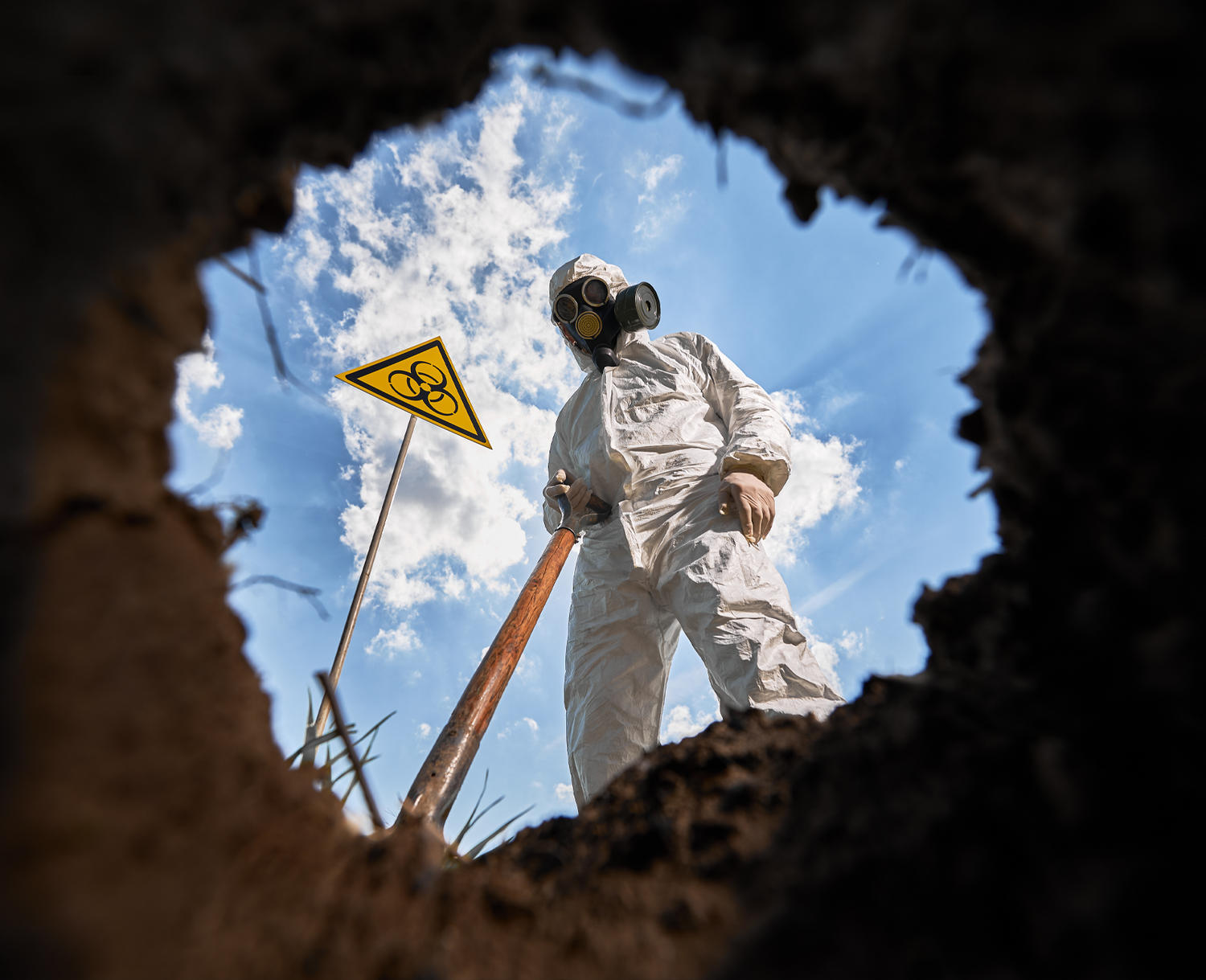Step 1: Assess Immediate Danger and Seek Shelter
The first response following a radiation emergency should be to seek shelter, preferably indoors, to minimize exposure to radioactive materials. Stay tuned to emergency broadcasts for updates and instructions from local authorities. It's vital to close all windows and doors, turn off air conditioners, and seal gaps if advised to do so.
Step 2: Limit Exposure
Once sheltered, remove any clothing and items that were outside during or after the incident to reduce the spread of radioactive particles. Taking a shower and gently washing your body and hair with soap and water can help remove residual radioactive material. It's important to avoid scrubbing the skin to prevent radioactive materials from entering your body.
Step 3: Use KI as Directed
Potassium iodide, the active ingredient in KI, plays a critical role in protecting your thyroid gland from radioactive iodine, one of the most common byproducts of nuclear reactions. Taking KI helps fill the thyroid with stable iodine, preventing it from absorbing harmful radioactive iodine. It's crucial to follow the dosage instructions provided by public health officials or as directed on the product packaging. Typically, KI should be taken within a few hours of exposure to be effective. The effectiveness of potassium iodide as a protective measure is supported by the Centers for Disease Control and Prevention (CDC) in their public guidelines on radiation emergencies (source: CDC on Potassium Iodide).
Step 4: Stay Informed and Follow Evacuation Orders
Continuously monitor emergency broadcasts and official channels. If evacuation is recommended, follow the routes and guidelines provided by authorities to ensure a safe exit from the affected area. Keep your supply of KI accessible, as you may need to continue taking it according to the duration specified by health officials.
Step 5: Post-Emergency Health Checks
After the initial emergency has passed and it's safe to do so, seek medical attention for a thorough health evaluation. Inform healthcare providers about your exposure to radiation and any measures, including the use of KI, that you took following the incident.
Conclusion
In conclusion, a radiation emergency requires immediate and informed actions to protect your health. KI is an essential part of your emergency kit, offering protection against one of the most significant risks associated with radioactive exposure. Remember, preparation and quick response are your best defenses against the potential dangers of radiation.
Staying informed about the proper use of products like KI and adhering to official guidelines can make a significant difference in the outcomes of such a daunting scenario. Be prepared, stay alert, and prioritize safety to effectively manage the challenges of a radiation emergency.


Leave a comment
This site is protected by hCaptcha and the hCaptcha Privacy Policy and Terms of Service apply.